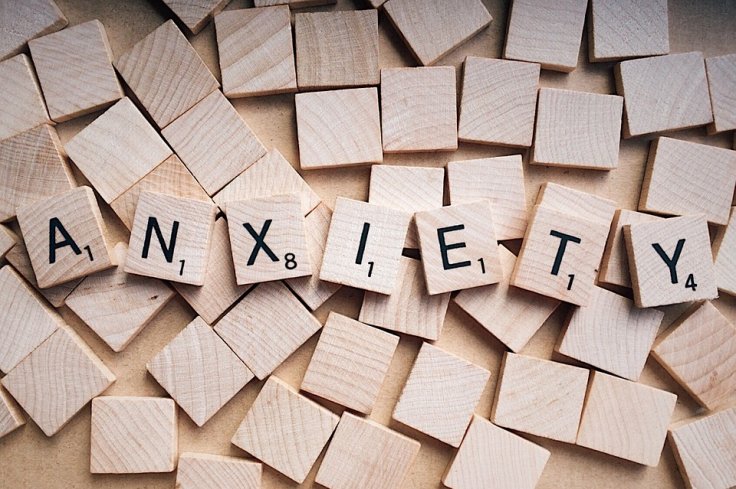Teenage girls who experience clinical levels of anxiety could be at greater risk of eating disorders, a new study published in the journal European Eating Disorders Review has revealed.
A team of researchers at the University of Bristol with UCL analysed the data of anxiety disorder pathology and engagement with severe levels of fasting in 2,406 teenage girls from the leading Bristol-based health study, Children of the 90s.

The data, which was collected at three time points between the age group of 13 and 18 years, showed that those girls who had anxiety disorder two years earlier had double the risk of regular fasting than those who did not have anxiety disorder.
Better understanding
Dr. Caitlin Lloyd, Senior Research Associate in Public Health in the Bristol Medical School (PHS) and lead author of the newly published study, who completed the research as part of her Ph.D. at the University of Bristol, said: "While we have known there is a link between anxiety disorders and anorexia nervosa for some time, these new findings support anxiety preceding the onset of severe restrictive eating, and as such may help inform the identification of individuals at greater risk of eating disorders."
"Our findings did not examine for causal links so it is important that future studies look at the reasons behind the associations we have found. Similar work should also include young men, to determine whether the association holds in this population too. Increasing our understanding of disordered eating behaviors and eating disorders is a necessary step in improving outcomes of prevention efforts. This is particularly important given the high burden of eating disorders, and their associated risks, with anorexia having one of the highest mortality rates of all psychiatric disorders," Dr. Lloyd added.
Dr. Nadia Micali, NIHR Clinician Scientist at UCL Great Ormond Street Institute of Child Health at University College London and one of the principal investigators of the study, said: "The findings confirm what we often see in the clinic, which is that anxiety and restrictive eating fuel each other, and highlight how important it is to treat both anxiety and eating behaviors."









